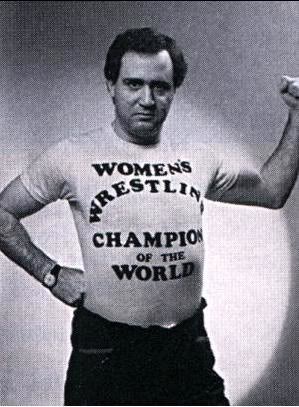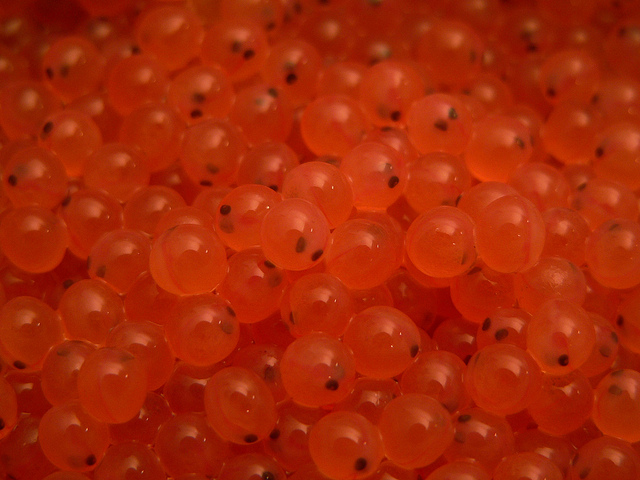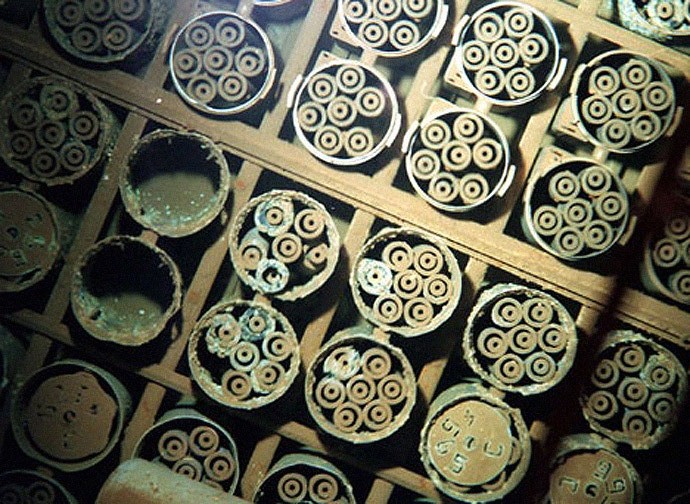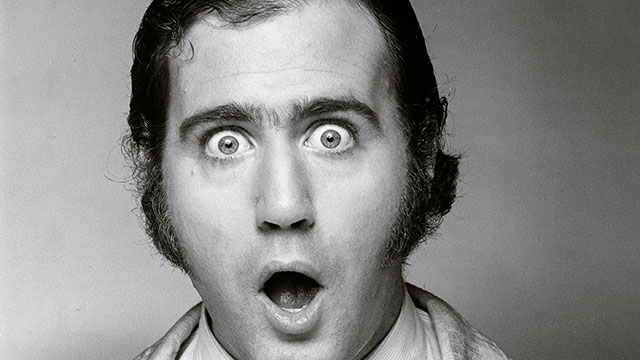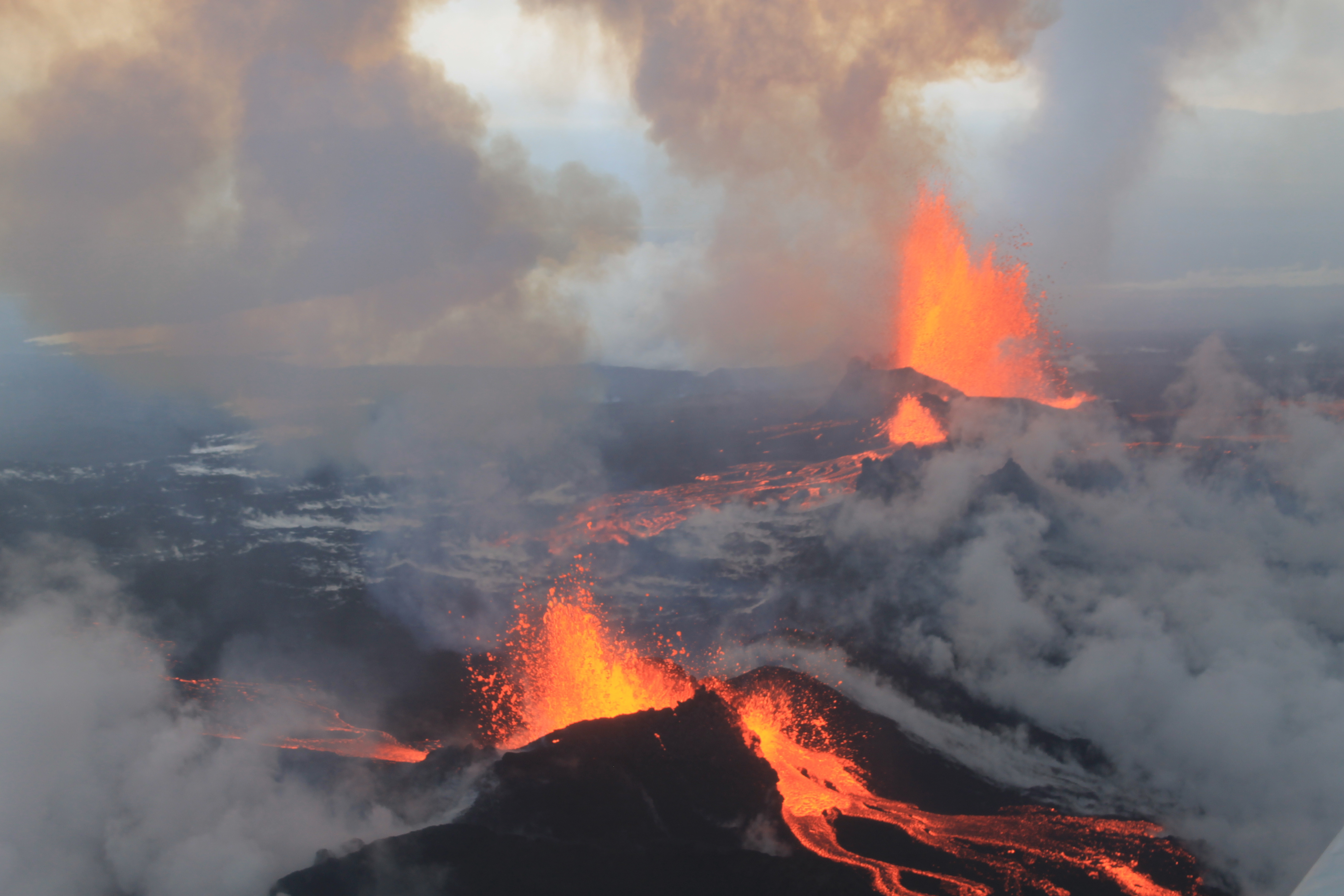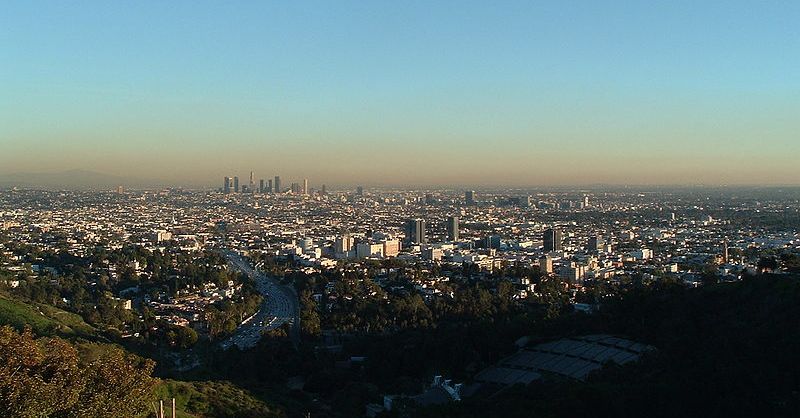 I’ve been teaching undergraduates for a while now, various takes on the general theme of the environment and society. Here are some things I’ve noticed. The students often believe that they have discovered the environment and all the bad things we are doing in it. Up to now, they suppose, we have been unaware, self-centered and lazy, so we drive everywhere, recklessly leave the lights on and never give a thought to our carbon footprint. They also seem to believe that if they just go out and tell everyone, we will stop misbehaving.
I’ve been teaching undergraduates for a while now, various takes on the general theme of the environment and society. Here are some things I’ve noticed. The students often believe that they have discovered the environment and all the bad things we are doing in it. Up to now, they suppose, we have been unaware, self-centered and lazy, so we drive everywhere, recklessly leave the lights on and never give a thought to our carbon footprint. They also seem to believe that if they just go out and tell everyone, we will stop misbehaving.
Don’t get me wrong. I think it’s great that they are on a mission to save the earth. We should all be on such a mission. I want them to understand what they are really up against, though, so they can be more effective.
My students – and a lot of environmentalists – focus on our individual behaviors: if we would all just bike to work and eat local organic food, things would get better. This isn’t wrong. Our choices matter and Americans, plainly, could consume far less than they do without suffering. But there’s a hitch – or, rather, three hitches. One is that while Americans may be, on the whole, overstuffed, much of the rest of the world needs more, not less: more industry, more energy, more food, more clean water. A second is that a capitalist economic system needs to grow to survive. This isn’t a policy option. If you think capitalism is going to be around for a while, which I do, we have to figure out another way of being sane in nature. Lastly, we don’t have unlimited degrees of freedom in our choices whatever our intentions. We get to choose, sure, but our choices are structured by larger social realities. Try living without a car in Los Angeles.
Aha! Isn’t LA the perfect example of how we chose suburban sprawl, trapping ourselves in our cars? All of the familiar post-war phenomena – the GI Bill, Levittown, white flight, the interstate highway system – allowed us to maroon ourselves in ways that we may now regret but couldn’t have foreseen. Continue reading
